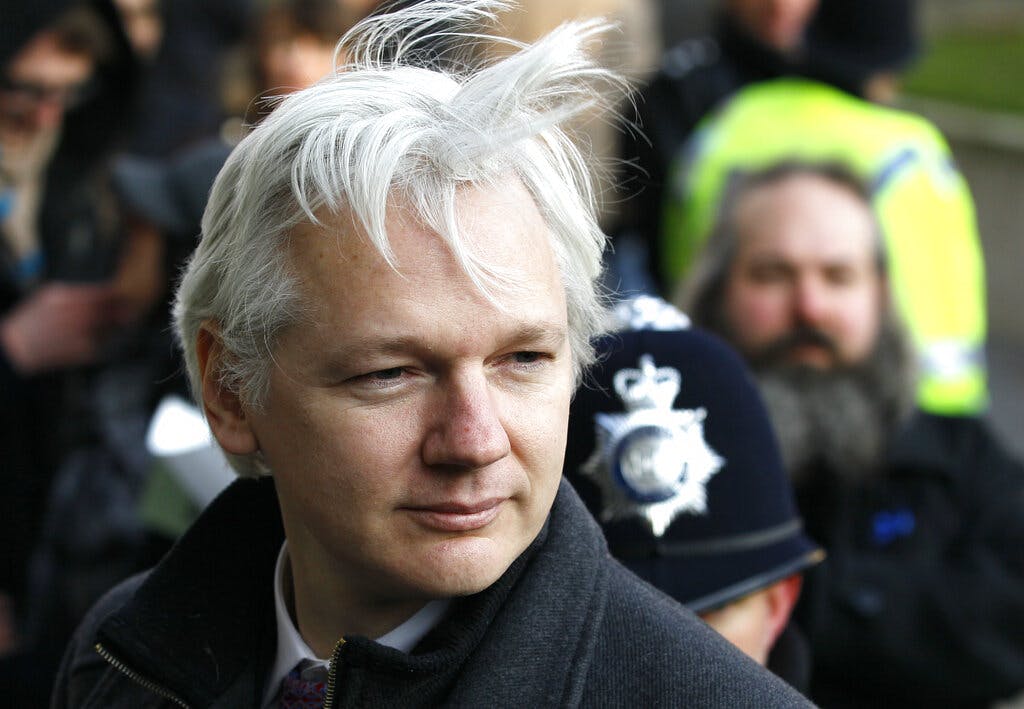WikiLeaks’ Assange Denied Permission To Appeal American Extradition Decision
Assange has sought for years to avoid a trial in America on a series of charges related to WikiLeaks’ publication of a huge trove of classified documents more than a decade ago.

LONDON — Britain’s top court on Monday refused to grant permission to the WikiLeaks founder, Julian Assange, to appeal against a decision to extradite him to America to face spying charges.
The court said it refused because the case “didn’t raise an arguable point of law.”
Mr. Assange has sought for years to avoid a trial in America on a series of charges related to WikiLeaks’ publication of a huge trove of classified documents more than a decade ago.
A British district court judge had initially rejected an American extradition request on the grounds that Mr. Assange was likely to kill himself if held under harsh American prison conditions. American authorities later provided assurances that the WikiLeaks founder wouldn’t face the severe treatment his lawyers said would put his physical and mental health at risk.
In December, the High Court overturned the lower court’s decision, saying that the American promises were enough to guarantee Mr. Assange would be treated humanely.
Mr. Assange’s defense may still seek to take his case to the European Court of Human Rights or challenge the original judge’s other findings.
A spokesperson didn’t immediately comment Monday on his legal team’s next steps.
American prosecutors say Mr. Assange unlawfully helped a U.S. Army intelligence analyst, Chelsea Manning, steal classified diplomatic cables and military files that WikiLeaks later published, putting lives at risk.
Supporters and lawyers for Mr. Assange argue that he was acting as a journalist and is entitled to First Amendment protections of freedom of speech for publishing documents that exposed American military wrongdoing in Iraq and Afghanistan.
Mr. Assange, 50, has been held at the high-security Belmarsh Prison in London since 2019, when he was arrested for skipping bail during a separate legal battle. Before that, he spent seven years inside Ecuadorian Embassy in London to avoid extradition to Sweden to face allegations of rape and sexual assault.
Sweden dropped the sex crimes investigations in November 2019 because so much time had elapsed.
